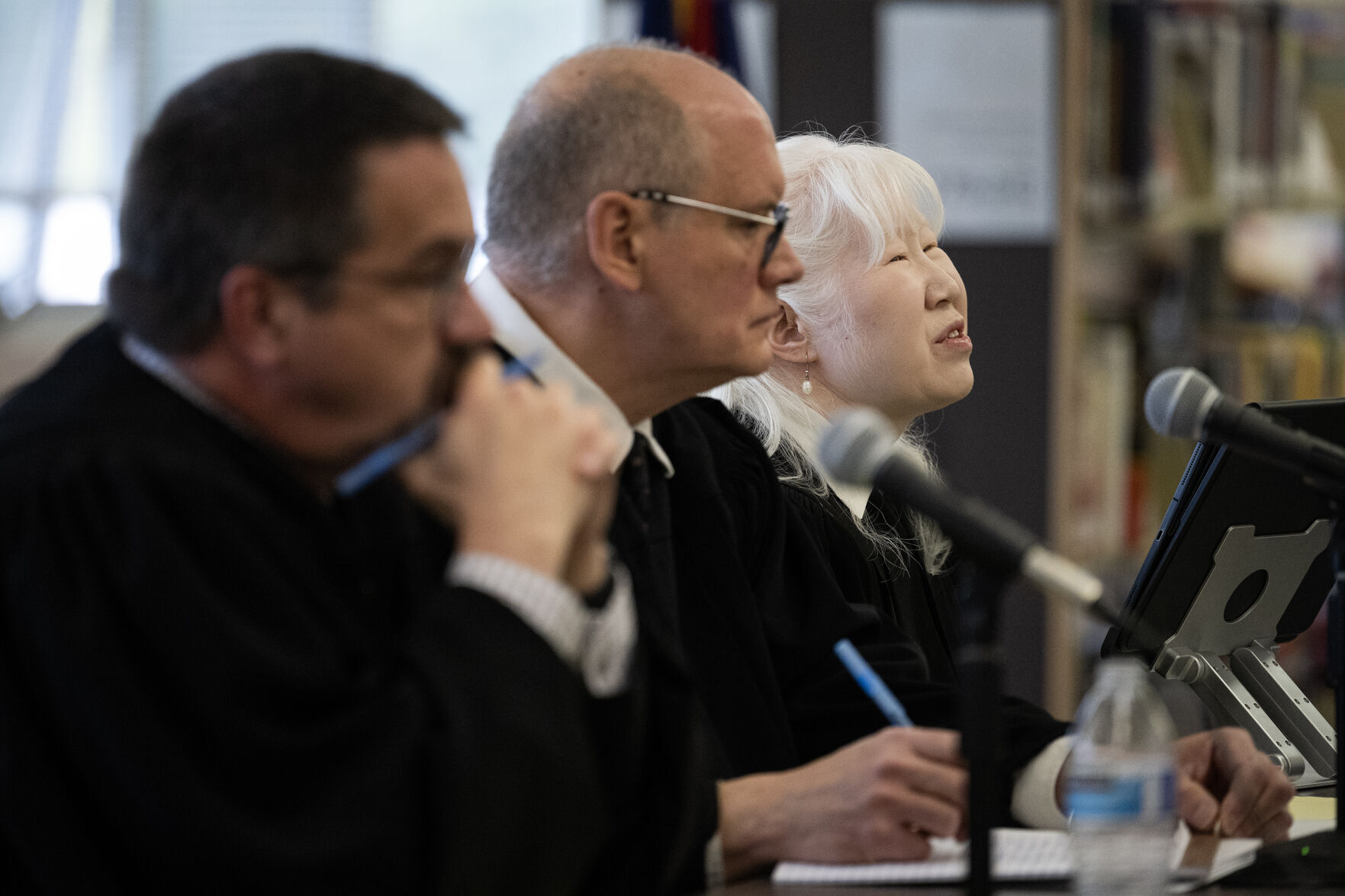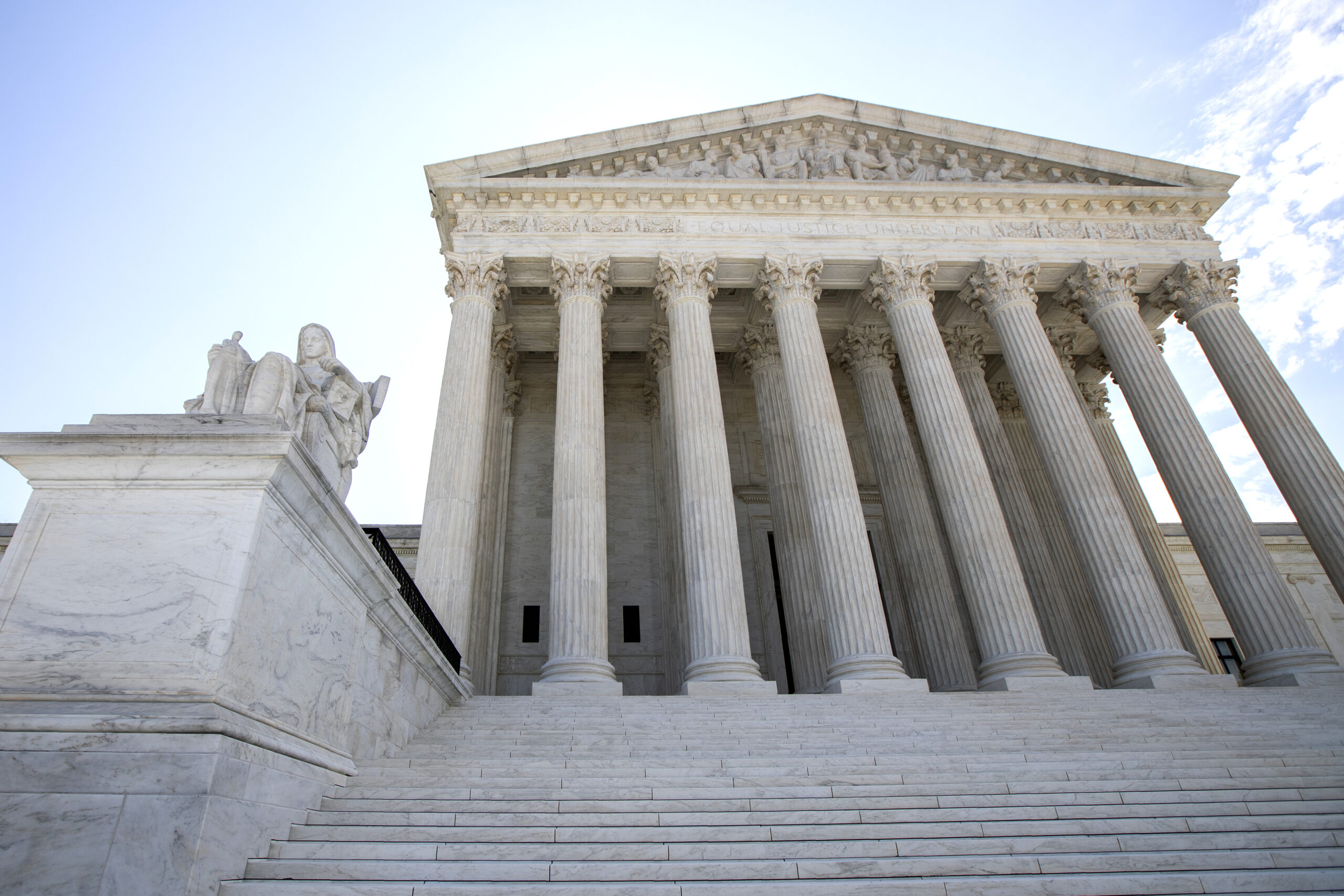Appeals court declares automatic reversal not required after Jeffco judge forgot to swear in jurors

For the first time on Thursday, Colorado’s second-highest court determined a criminal defendant’s convictions are not subject to automatic reversal if a trial judge neglects to swear in the jury.
A three-judge panel for the Court of Appeals noted the U.S. Supreme Court has never explicitly recognized the constitutional right to a sworn jury. Although other states have enacted laws requiring judges to administer an oath, there is no outright mandate in Colorado.
“Our General Assembly is free to enact such a statutory requirement and even expressly provide for automatic reversal of a criminal conviction if such a right is violated,” wrote Judge Sueanna P. Johnson in the panel’s Feb. 8 opinion. “But we are not free to establish such a right or remedy simply because other states’ legislatures have done so.”
Case: People v. Torrez
Decided: February 8, 2024
Jurisdiction: Jefferson County
Ruling: 3-0
Judges: Sueanna P. Johnson (author)
Anthony J. Navarro
Craig R. Welling
A Jefferson County jury convicted Toni Theresa Torrez of burglary and assault in January 2020, and she is serving a 10-year sentence. Then-District Court Judge Christie A. Bachmeyer administered an initial oath prior to jury selection, in which jurors were to “answer truthfully” the questions they were asked.
After whittling down the jury pool, Bachmeyer broke for lunch and indicated she would swear in the jurors when the trial resumed. The oath outlined in the criminal jury instructions requires jurors to swear they will “well and truly try” the case and “render a true verdict, according to the evidence and the law.”
However, after returning from lunch, Bachmeyer forgot to give the oath. Neither the prosecution nor the defense caught the oversight.
On appeal, Torrez contended the mistake was so consequential it should be deemed “structural error” – one that affects the fundamental fairness of a trial and merits automatic reversal of a defendant’s convictions. Public defender Britta Kruse noted Colorado’s appellate courts had only ever addressed a scenario where judges administered the jury oath at the wrong time, but never the complete failure to swear in the jurors.
“Colorado should follow the majority of jurisdictions and hold that a defendant is entitled to a new trial where verdicts were rendered by an unsworn jury without any requirement to show actual prejudice,” Kruse wrote. “As these jurisdictions recognize, the jury oath is ‘essential’ to the constitutional guarantee of a trial by a fair and impartial jury.”
The government countered the jury oath was not constitutionally essential. Even without the oath, Assistant Attorney General Patrick A. Withers observed Bachmeyer gave extensive instructions to the jury about the presumption of innocence, the prosecution’s burden of proof and the need to decide guilt beyond a reasonable doubt.
“A second oath, then, would have been largely redundant,” he contended.

The appellate panel did not dispute it was an error to forget to administer the jury oath. Nor did it contest that other states have automatically reversed convictions for similar errors.
However, as “primarily an error correction court,” wrote Johnson, “we are reluctant to recognize a new federal constitutional right without a strong indication that our supreme court is likely to recognize the possible existence of such a right.”
She elaborated that no federal court has found the U.S. Constitution to require a sworn jury. The U.S. Court of Appeals for the 10th Circuit, which has jurisdiction in federal cases arising from Colorado, concluded in 2012 there was no clear right to a sworn jury, even as it described the crucial reasons for administering a jury oath.
“A juror impressed with the seriousness of his charge is more likely to be attentive at trial and, in turn, more likely to carry out his duty faithfully, with due respect for the ideals underlying the criminal process,” wrote Judge Terrence L. O’Brien for himself and now-U.S. Supreme Court Justice Neil M. Gorsuch.
With no requirement for automatic reversal, Colorado’s appellate panel looked to the remainder of Torrez’s trial to determine whether the lack of an oath affected the outcome. Because Bachmeyer gave “substantial” direction to jurors about their obligations, the panel saw no harm to the integrity of the trial.
The case is People v. Torrez.













